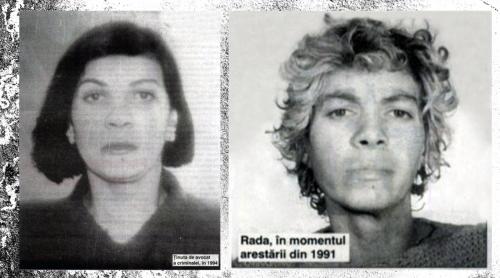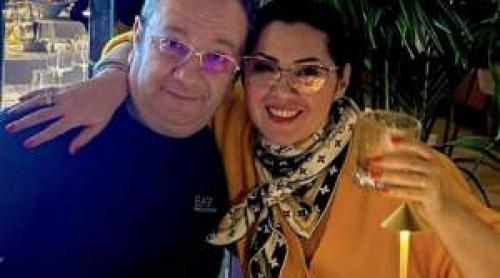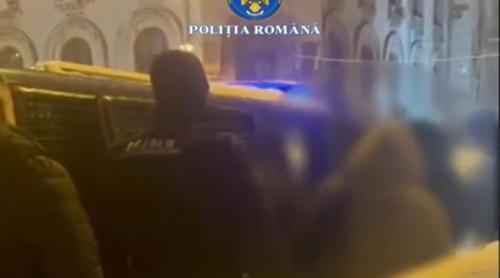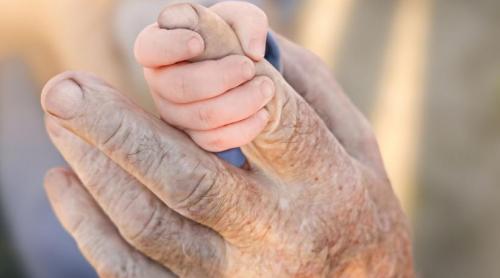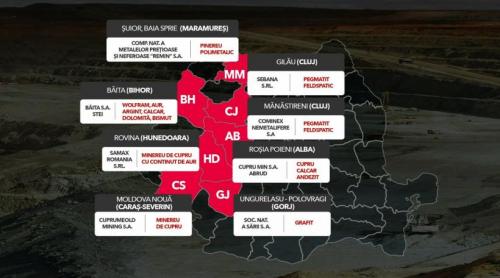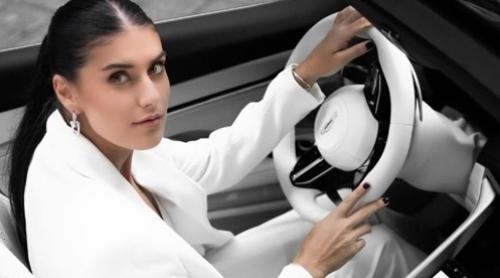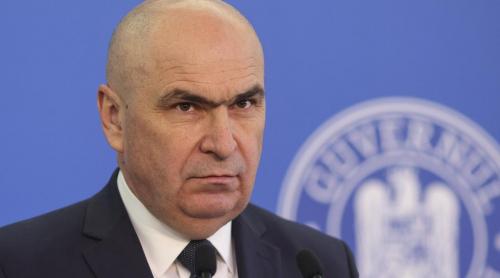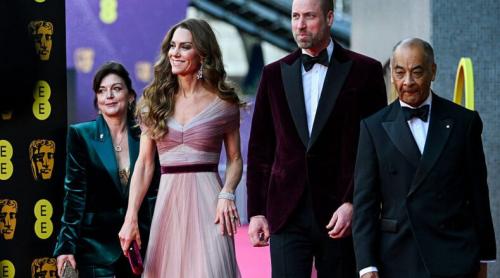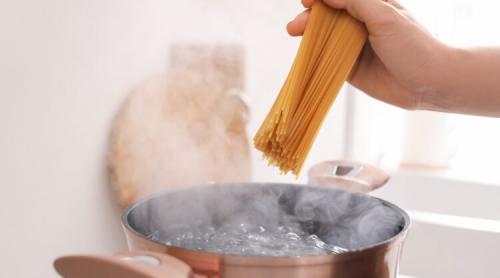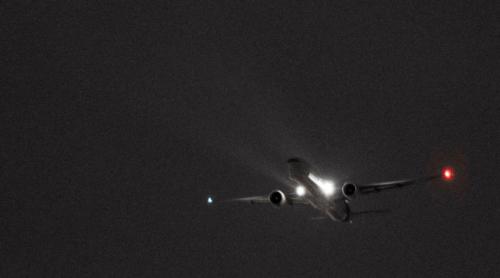
The Italian singer Al Bano is back in Romania. This time not to give concerts but to take part at a private event: the marriage of Marie-Jeanne Ion, one of the three Romanian journalists who arrived at notoriety last year not for their writing but for being kidnapped in Iraq. Al Bano agreed to answer the questions of Jurnalul National daily:
Jurnalul National: When did you meet Marie-Jeanne for the first time?
Al Bano Carrisi: In 2002, when she coordinated a television campaign to collect funds for underprivileged children; I also attended that even as a UN ambassador in the fight against drugs.
JN: How did you feel when learning that she was kidnapped along two of her colleagues?
ABC: The news was on all television stations in Italy, as it was all over the world. I was in shock, more so since I knew her in person. Those were tragic moments. Along other Italian stars we appealed on television for the Romanian journalistsâ release. Happily, all ended well.
JN: You have the experience of one marriage that ended and of another relationship from which two children resulted. Do you still believe in the marital vows?
ABC: When I took those vows I believed in them. But what comes next depends on where life takes you to find out if the marriage will last of if the love will survive the marriage. Marriages experience a tsunami wave of their own. Some make it out of it, some donât.
JN: But one is left with the children...
ABC: Yes, they are the chain loops in the chain of life.
JN: How are they doing, your children?
ABC: One lives in the United States, one in Greece, and the rest of three - in Italy.
JN: So, you vacation visiting all of them?
ABC: I am working for all of them!
JN: When will you get back to Romania to sing?
ABC: At the end of October I must be in Craiova city ssouth western Romaniat. Before that I will tour Italy, Spain, Paraguay, and China.
JN: How do you explain the success you enjoy in Romania?
ABC: I have no idea. I enjoy success all over the world. It may be that I pick the right songs at the right time. I am still amazed at seeing four generations of families coming together to listen my music in concerts.
JN: Did you know that you were one of the few foreign artists who had his music broadcast by the public television during the dictatorship of Nicolae Ceausescu?
ABC: Really? Even "Liberta"?
JN: It may be that you belonged to another Latin country, which Romanians felt very close to. Or it may be that you and Romina portrayed the perfect kind of couple, both on stage, and in real lifeâ¦
ABC: I received letters from fans in Romania since 1967, before meeting Romina. My relationship with your country is older than my relationship with Romina. During that time the stamps in your country were marked "Posta Romina," not Romana. Still, I am amazed my music was broadcast in your country during those times.
JN: How does a citizen of the world, as you call yourself, see Romania today?
ABC: One sees a country through its most prominent people in the media. Of course, during Ceausescuâs era I knew he was dictating the way people should live. But I see political regimes as just stages a country passes through, before arriving at the healthy democracy.
JN: Do you support Romaniaâs accession to the EU?
ABC: I am really annoyed to hear that there are second or third best countries, with regard to the EU integration. All this empty talk while in some parts of the world famine is not a word, but a reality. I also do believe that no country has the moral high ground so as to tell another country it should go extinct, as religious wars of our time seem to favor.
JN: After a career over 40-year long, what does the public like best: old timers or new scores?
ABC: They keep asking "Tu per siempre" and "Mama America," which are new scores on my latest long play, issued in January 2006. People simply go crazy when they hear them.
JN: What other sources of income do you have, apart from playing music?
ABC: I do not conduct businesses, but enjoy hobbies. These are the land and the wine. People kept visiting my home village, and since there was no accommodation available, I built a tourist village in southern Italy.
JN: Do you spend a lot of time there?
ABC: Too little time. But I will retire there when I will reach 80. I am only three times 21 today...
I also own a vineyard which is managed by my brother. We do not make a lot of wine: some 30,000 bottles per year, which we sell in Italy, Spain and the US. We sell in Romania too, via a single store. Wine making is a tradition in our family. The Carrisis are born farmers.
I also own a vineyard which is managed by my brother. We do not make a lot of wine: some 30,000 bottles per year, which we sell in Italy, Spain and the US. We sell in Romania too, via a single store. Wine making is a tradition in our family. The Carrisis are born farmers.
JN: So, you could have been a good farmer or at least pizza maker sAlbanoâs first job was in a pizza parlor.t
ABC: No, no way. I knew since very little that I would sing. The odd jobs I had as a young man were only meant to support me financially. I would have not given up my dream even if I hadnât had the good luck to be selected by Adriano Celentanoâs team.
JN: How do you assess the anti-drugs fight you embarked on?
ABC: I am a successful artist, and in my world drugs move pretty fast and easy. I am just a soldier in this fight.
JN: What are your weaknesses, your soft spots?
ABC: I love to travel, to sing and pay attention to not get other weaknesses. And I really am very good at being a father.
Translated by ANCA PADURARU
Citește pe Antena3.ro





